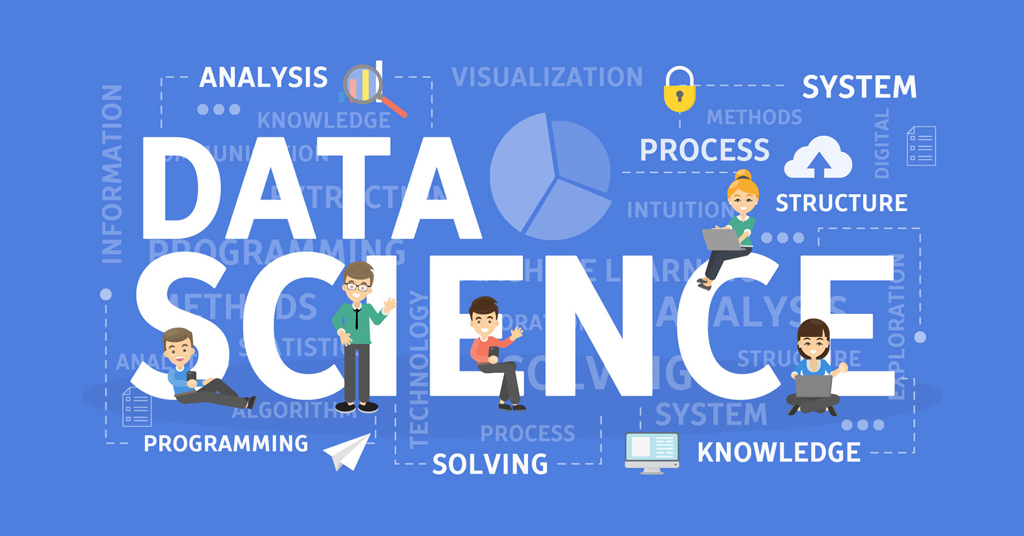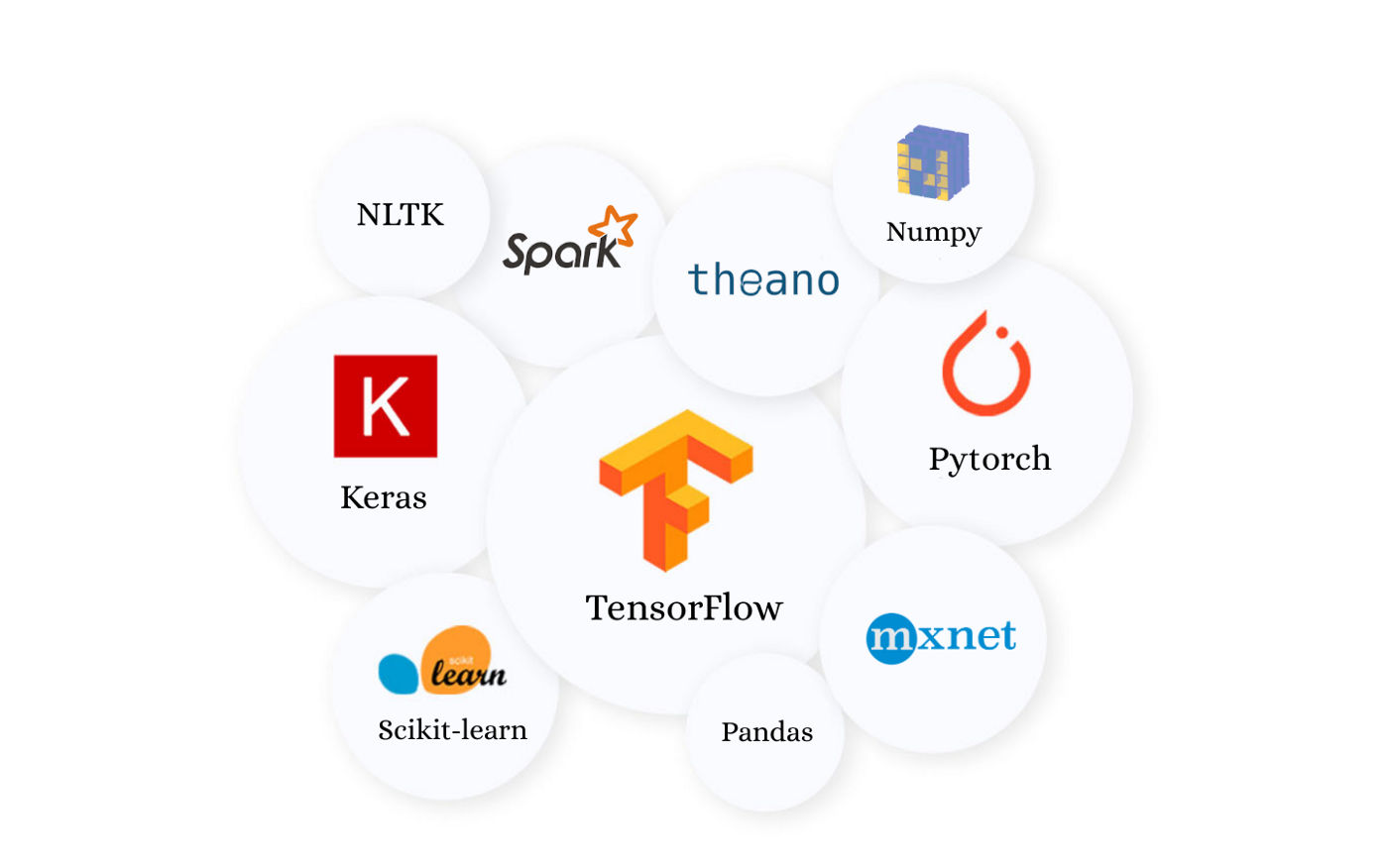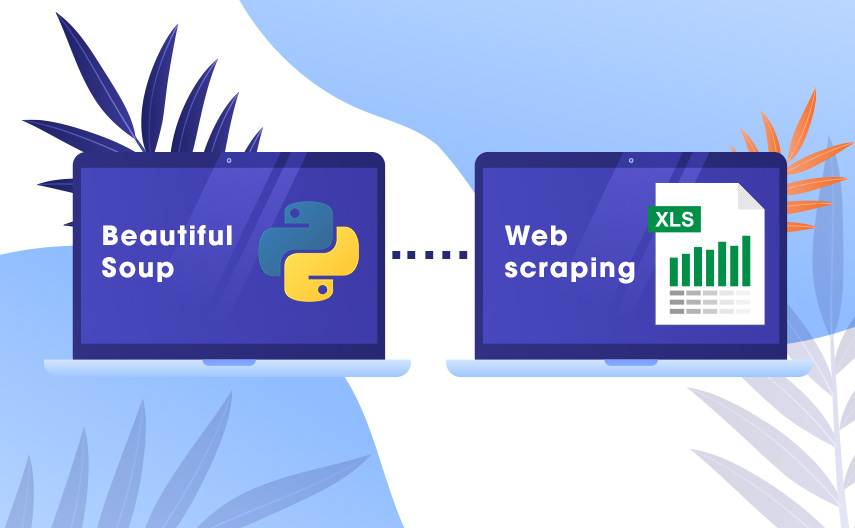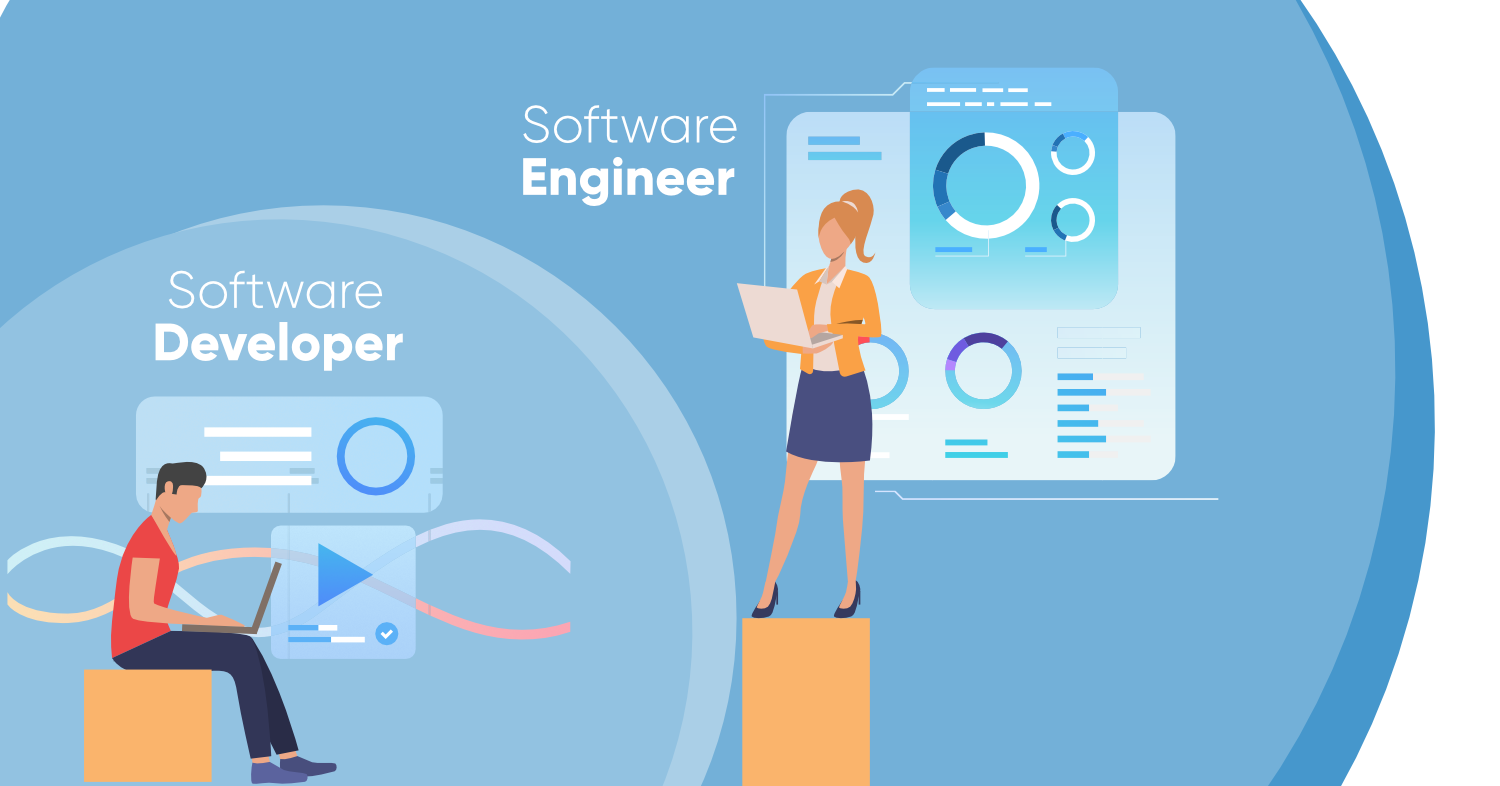Data scientists are a new breed of analytical data experts who have the technical skills to solve complex problems and the curiosity to ask questions that lead to insights and innovation.
They are responsible for collecting, cleaning, and exploring data, and then using their findings to help organizations make better decisions.
Data scientists must be able to effectively communicate their findings to non-technical audiences, as they are often the bridge between the data and the business.
They must also be able to work with a variety of data, including structured, unstructured, and streaming data.
The following are 10 essential skills you need to be a data scientist:
- Technical skills: Data scientists must have strong technical skills in order to effectively solve complex problems. They must be proficient in programming languages such as R, Python, and SQL, and they should have experience working with a variety of data sources and formats.
- Curiosity: Data scientists must be curious and have the desire to learn. They should be able to ask questions that lead to insights and innovation.
- Communication: Data scientists must be able to effectively communicate their findings to non-technical audiences. They must be able to explain complex concepts in simple terms and present their data in a way that is easy to understand.
- Data wrangling: Data scientists must be able to effectively collect, clean, and explore data. They should be able to identify patterns and trends in data, and they should be able to use their findings to help organizations make better decisions.
- Data visualization: Data scientists must be able to effectively visualize data. They should be able to create charts, graphs, and other visualizations that are easy to understand and that help communicate their findings.
- Machine learning: Data scientists must be able to effectively use machine learning algorithms to solve problems. They should be able to select the appropriate algorithm for the task at hand, and they should be able to tune the parameters of the algorithm to achieve the best results.
- Statistical analysis: Data scientists must be able to effectively use statistics to solve problems. They should be able to select the appropriate statistical test for the data and the problem, and they should be able to interpret the results of the test.
- Domain expertise: Data scientists must have strong domain expertise in order to effectively solve problems. They should have a deep understanding of the business or industry they are working in, and they should be able to use their knowledge to help organizations make better decisions.
- Project management: Data scientists must be able to effectively manage projects. They should be able to plan and execute projects from start to finish, and they should be able to effectively communicate with stakeholders. 10. Critical thinking: Data scientists must be able to think critically and solve problems. They should be able to identify and assess risks, and they should be able to develop creative solutions to problems.
- Critical thinking: Data scientists must be able to think critically and solve problems. They should be able to identify and assess risks, and they should be able to develop creative solutions to problems.
Share:












